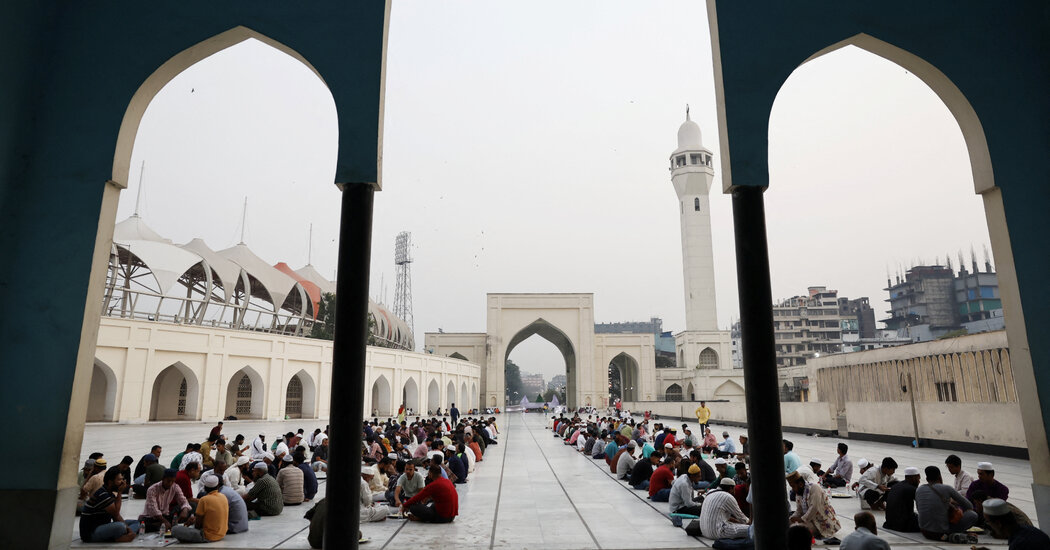The Rise of Extremism in Post-Authoritarian Bangladesh
The extremists have embarked on a troubling campaign to assert control over women’s rights and freedoms. In the political vacuum that emerged following the ousting of Bangladesh’s authoritarian leader, religious fundamentalists in one town took a bold step by declaring that young women were no longer permitted to participate in playing soccer. In another instance, they pressured local law enforcement to release a man who had harassed a woman for not wearing a headscarf in public, subsequently celebrating him with garlands of flowers.
As these events unfolded, more audacious demands began to surface. During a rally in Dhaka, the capital, demonstrators issued a chilling warning: if the government failed to impose the death penalty on anyone deemed to have disrespected Islam, they would take matters into their own hands and carry out executions themselves. Just days later, an outlawed group orchestrated a significant march advocating for the establishment of an Islamic caliphate.
As Bangladesh strives to rebuild its democracy and carve out a new path for its 175 million citizens, a surge of Islamist extremism that had long simmered beneath the nation’s secular surface is now emerging with alarming visibility. In a series of interviews, representatives from various Islamist parties and organizations—some of which had previously been banned—expressed their intent to steer Bangladesh towards a more fundamentalist trajectory. This shift has largely gone unnoticed beyond the country’s borders.
These Islamist leaders are vocal in their demands for Bangladesh to establish an “Islamic government” that would impose penalties on those who disrespect Islam and enforce a sense of “modesty”—a term that remains deliberately vague but has historically led to vigilantism or the imposition of theocratic governance in other contexts. Officials from across the political spectrum, who are currently engaged in drafting a new Constitution, have acknowledged that the revised document is likely to abandon secularism as a cornerstone of Bangladesh’s identity. Instead, it seems poised to embrace pluralism, effectively redrawing the nation along more religious lines.




